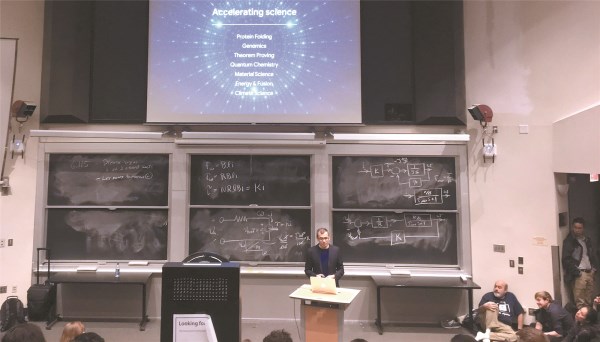Chen Jinhua
School of Politics and Public Administration, Soochow University
Abstract:As an issue in Chinese urban development, handling urban risk generalization invites reflection on the structural features and internal development of the immediate or potential risks entailed in rapid urbanization across the globe. As part of research on national governance modernization, China has reached a consensus on managing urban risks. A study of spatial theory indicates that urban risk generalization in China is essentially a structural issue arising from an immature system of generalized benefits in urban space rights and interests along with an unbalanced spatial structure, functional disarray and ecological disruption arising from inequitable and unbalanced urban spatial development,readjustment and renovation. As an innovative form of modern urban public management with its target shifting from the pursuit of material things to people-centered development,spatial management enlists actors including government, business, society and citizens to seek a “community of shared spatial interests” with a rational structure, effective functions and an optimized environment at the level of spatial production and interest distribution. We need innovation in the spatial structures, drivers and mechanisms of urban public management and cultural ecology to realize their institutionalization, synthesis and reordering, strategically forestalling and resolving urbanization risks and realizing a spatial governance vision of the scientific, fair and sustainable allocation, growth and renovation of urban space in the risk era.
Keywords:urban risk generalization,space production,public management,spatial management



